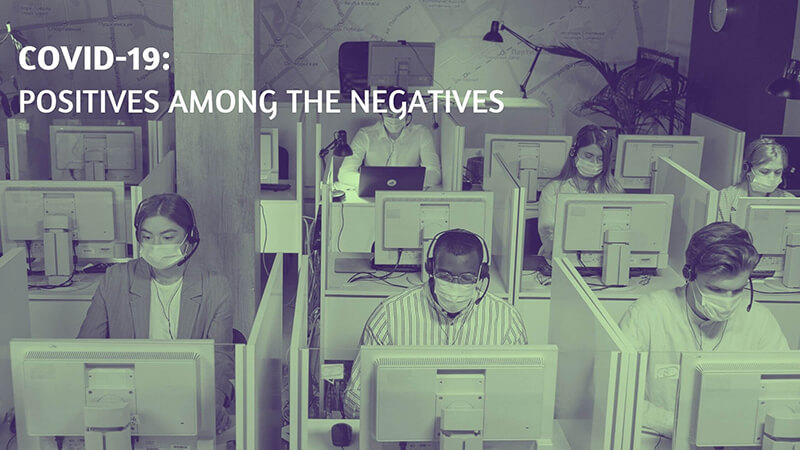
The pandemic of the century as its been called now, which sprung at a local seafood market in Wuhan, China last year, has now brought the whole world to a halt. According to the International Labor Organization, nearly 300 million or one out of six youth will be jobless, as cities around the world go into lockdown to halt the spread of the lethal virus. Scientists around the world are racing against time to develop a vaccine, which usually takes years and sometimes decades before it can be administered at a mass level. The broader concurrence is that we are at least a year and a half away from a COVID vaccine, which can be used to inoculate people at a country or state level. The idea of herd immunity is still farfetched as it fared terribly in the United Kingdom. For a country like India with 1.3 billion people, we are looking at infecting close to 600 million people for them to develop antibodies and be competent enough to stop the spread at a community level; with our patchy health infrastructure, this is a price we cannot pay.
As the countries around the world realize the economic cost of locking down cities – which cost India close to 14 lakh Crores (4% of GDP) in revenue and has plummeted our GDP growth to the lowest since 1972, the consensus in the South Block (Finance Ministry) seems that if you want people to deal with the virus at the community level – it’s high time you allow them to exist with it and learn themselves. Lockdown 4.0 ended on 31st May, and now we are in ‘Unlock 3.0’ the last of three staggered exit stages. With the cases crossing the 22 lacs mark and deaths around the 45,000-mark, there are plenty of negatives to look for, however there has been some hope in despair as well. We take a look at them here.
- The ever-evolving startup culture is always about cost-cutting and how to bootstrap a venture, the more you do the better the chances of survival. In my recent interaction with the founder of ‘Nurturing Green’s’, Annu Grover, I could tap that the overall perception amongst the startup circle1 is that expensive infrastructure and offices are nothing more but trophies, that is a testament to your success, but hardly helpful in succeeding again. The majority of the entrepreneurs believe that they will opt for co-working spaces for official meetings and stick to online facilities and provide WFH (Work-from-home) as much as possible. The infrastructure and office expenses form a major chunk of cash outflow, this will improve the operating cost ratio drastically making the startups more appealing to the cautious funders looking at these ratios before investing.
- If ‘Swacch Bharat Abhiyaan’ was all about our sanitation drive to provide each one access to the WASH (Water and sanitation hygiene), the Covid-19 Pandemic has taught us the importance of micro – hygiene which shall not evaporate once we suppress the Coronavirus, as the threat of a new wave shall always loom at large. The basic hygiene like washing hands and ‘do gaj ki duuri – 6 feet safety distance’ won’t just keep Corona at bay, it will also help keep the other underrated diseases like ‘H1N1 – Seasonal influenza’ at a check which according to National Centre for Disease Control (NCDC) has infected close to one lakh people and cost more than 5 thousand deaths in just the past 5 years (2016-2020) alone. Please refer to figure 1 for India’s cases and deaths over the years because of H1N1.
- The environment front, Covid-19 has done what we as individuals never could, improved the quality of our environment multi-folds. However it is too early to celebrate and naïve to believe that Government’s and organization would adhere to the current norms in future, as suggested by United Nations, this is a double-edged sword as more and more funds are now being directed at war footing to the health sector, secondary sectors like pollution controls will see their war chests dry up also once the virus is suppressed at a manageable level the Govt. is expected to go all guns blazing to make up for the job losses by boosting the economy with little regard to the environment as public perception on economic growth wins elections and not environment quality. However, we can still rejoice in our indirect success for the time being.
- Lastly, the psychological front with the majority of the private sector workers engaged in working from home, the family interaction, and social love is at an all-time high. Mental health has been an area that has always been underrated for one or the other reason. As more and more family members interact with each other, spend time together and share problems, achievements the resultant feeling of attachment will reduce depression multi folds at all levels, and improve the mental health. The feeling of content and not chasing overzealous goals at the cost of physical health are expected to go out. There has been an increased emphasis on the importance of nutritional intake as well, as people realize the importance of a healthy immune system, health products are seeing a massive surge in growth.
 Figure 1 – Source: NCDC, GOI
Figure 1 – Source: NCDC, GOI
1 This is a conclusion drawn upon the informal discussions that were conducted with entrepreneurs to tap their views on the pandemic.
As we learn to live with coronavirus and it becomes a way of life for us with each passing day, the importance of looking at the brighter avenues can’t be overlooked, we as human beings always need a hope to cling to, till the scientists find a cure or a vaccine how about we keep the positivity high, after all, there are always some positives among the negatives of each obstacle that the human race has faced.

